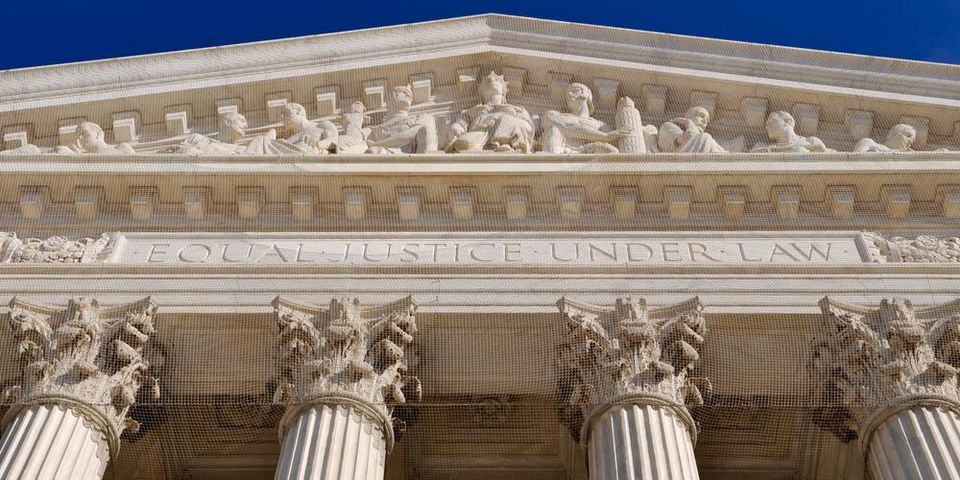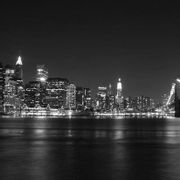Immigration Law Update: Supreme Court Allows Partial Travel Ban Until October

Among President Trump's first actions after his inauguration were dramatic changes to immigration law, including a controversial travel ban against seven Muslim-majority countries, which the administration claimed posed an imminent security risk. Courts across the country quickly issued immediate stays, putting the travel ban on hold until courts resolved the constitutional and legal challenges to the president's actions. On June 26, the Supreme Court agreed to hear the case but reversed the stay, allowing some elements of the ban to go into effect.
 This decision relates to the Trump administration's second travel ban, which suspends nationals of six countries from entering the United States for 90 days, as well as travel by refugees for 120 days. In a unanimous decision, the Supreme Court agreed that the injunctions issued by lower courts went too far by including protections for those immigrants with no bona fide relationship to the United States. These people, the court reasoned, do not need the emergency relief a court injunction provides.
This decision relates to the Trump administration's second travel ban, which suspends nationals of six countries from entering the United States for 90 days, as well as travel by refugees for 120 days. In a unanimous decision, the Supreme Court agreed that the injunctions issued by lower courts went too far by including protections for those immigrants with no bona fide relationship to the United States. These people, the court reasoned, do not need the emergency relief a court injunction provides.
Until the Supreme Court hears this landmark immigration law case in October, immigrants from affected countries who do not have a relationship with any family member or organization in the United States will not be able to enter the country. However, those with immediate family members residing here and workers with valid employment visas will be unaffected, so the decision may only impact a relatively small group. The legal challenges to the travel ban are strong, so it is possible the Supreme Court will eventually decide the executive order is unconstitutional.
Berd & Klauss, PLLC is a team of highly skilled NYC immigration attorneys, with an established reputation for helping clients from around the world navigate the complexities of immigration law. Visit their website for a more in-depth overview of their legal services, follow their Facebook for more updates, and call (212) 461-7152 to schedule a consultation.
About the Business
Have a question? Ask the experts!
Send your question

